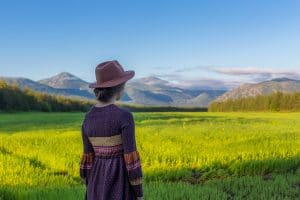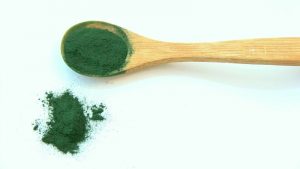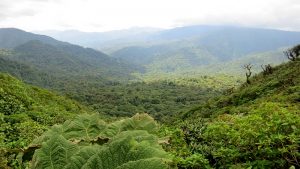Pawan Kumar Chamling, Prime Minister of the Indian state of Sikkim, explained, during a meeting in Rome (Italy), how his state converted 100% of its agricultural production to organic. Vandana Shiva, president of Navdanya International and member of the executive committee of the World Future Council, was also present along with several other political figures.
The Prime Minister of Sikkim went to Rome, on the occasion of the Future Policy Award, to collect the first prize dedicated to the best global policies for agroecology. He thus commented on the prestigious recognition to the State of Sikkim, recognized as a model of organic and biodiverse agriculture on a global level: “From the moment the resolution to convert the whole state to organic farming was announced, we encountered various resistances from the opposition and from the farmers themselves, but we continued with determination. We are happy that others want to take inspiration from our work, such as Kerala and other states in northeastern India. To achieve results, we have always been at the forefront of various public policies, for example waste management, protection of forests, glaciers and the climate, in addition to education. You are curious to know our experience, but we too have a great interest in knowing other experiences in this field in other parts of the world. A 100% organic farming world is possible; there is no reason why farmers, communities and institutions cannot continue to work in this direction. ”
A future free from poisons
Vandana Shiva then spoke of the success of Sikkim’s conversion, to which her organization, Navdanya, actively contributed: “It is a well-deserved prize, but it is also a beacon for the future. The only possible future is to create a world free from dependence on fossil fuels, free from poisons and plastic, in which healthy and biodiverse food is produced. We have destroyed our soils, created forced migrations from private lands, looted from basic resources also due to the climate crisis. We are facing the sixth mass extinction of living species, drought crises and floods all over the world. Furthermore, small farmers are abandoning their lands, while our food system is creating a global health crisis. Despite this, false solutions are still proposed with the same ideological paradigm that created the crises we are witnessing: for example, the vision of agriculture without farmers, totally digitalized and controlled by large agrochemical companies and new GMOs. It is a vision without a future. We, together, have a different vision, which safeguards biodiversity, territories, agricultural communities, local economies, democracy, through a transition to an agri-food system that respects the land, the natural evolution of biodiversity and the dignity of people and cultures “.
An exportable model
The Prime Minister of Sikkim and Vandana Shiva then jointly announced the initiative for a totally organic and biodiverse Himalaya, aimed at spreading the model that Sikkim has built over 15 years, which has shown how a 100% organic agricultural model based on the principles of agroecology and local circular economy is not only possible, but also advantageous, as farms that practice organic and biodiverse agriculture are 20% more productive than chemically aided monoculture farms. Navdanya has collaborated on the initiative to convert the whole country to organic, providing training for farmers and institutional managers in the agricultural sector.
The agro-ecological model is able to create a virtuous cycle between farmers, the environment, the territory and the community and represents the basis of a joint commitment aimed at the global transition towards poison-free agriculture by 2050.
A real revolution can and must start from the production of food, a large field of action where the globalized agri-food system has canceled biodiversity, poisoned the soil and made our diet less and less sustainable.







